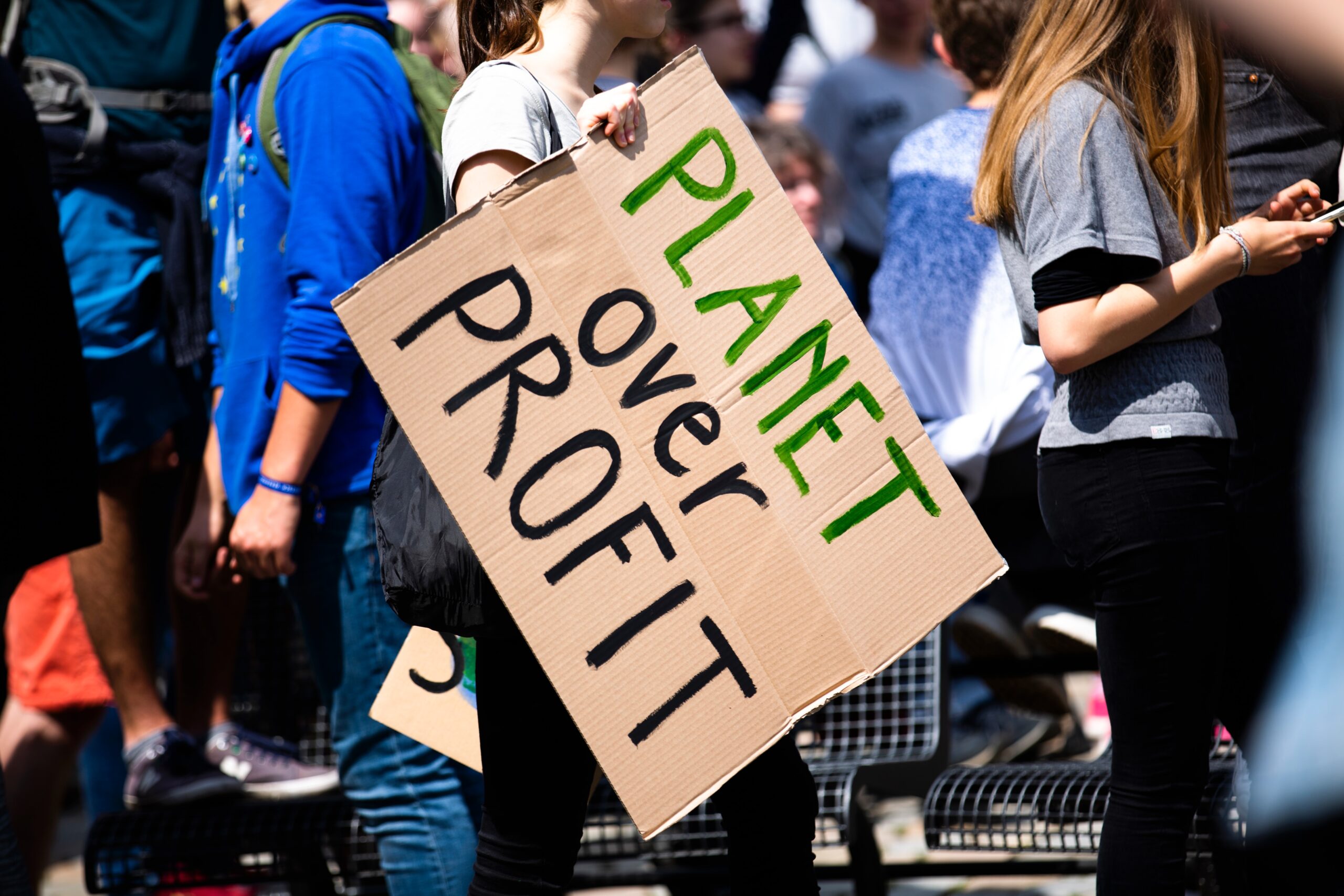Toxic pollution revelations in the Gulf expose a critical gap between environmental commitments and ongoing practices.
In a recent investigation by the BBC, shocking revelations have emerged regarding the perilous levels of toxic pollution caused by gas flaring in the Gulf. This environmental crisis, with profound human health implications, is particularly concerning as the United Arab Emirates (UAE), implicated in the practice, hosts the UN’s COP28 climate summit.
Gas flaring, a process that involves burning waste gas during oil drilling, is widespread across the Gulf region, including the UAE, which ironically banned routine flaring two decades ago. The BBC’s investigation indicates that the pollution resulting from flaring extends far beyond local areas, spreading hundreds of miles and significantly compromising air quality throughout the region.
This alarming environmental scenario is not exclusive to the UAE. The study also examined pollution from oil wells in Iraq, Iran, and Kuwait, with these nations either declining to comment or remaining unresponsive to the findings. Notably, major oil companies such as BP and Shell, implicated in these practices, claim to be actively working towards reducing flaring.
Dr. Barrak Alahmad, a research fellow at Harvard T.H. Chan School of Public Health, conducted a comprehensive two-year study analyzing Kuwait’s air. Contrary to popular belief that regional pollution primarily stems from dust storms, Dr. Alahmad’s research revealed a significant portion originating from human-made sources, including power plants and the oil industry. Astonishingly, only 40% of the region’s pollution is attributed to desert sources, while the rest is largely a consequence of man-made activities.
Flaring – the burning of waste gas during oil drilling – is taking place across the Gulf, including by COP28 hosts the United Arab Emirates. https://t.co/BQfDGnZzO0
— Svein Tveitdal (@tveitdal) November 28, 2023
The health implications of gas flaring are profound, with PM2.5 particles, a byproduct of this pollution, posing severe risks to human health. These particles can enter the bloodstream, affecting vital organs and potentially leading to acute asthmatic attacks and life-threatening conditions. Compounding the issue is the role of gas flaring in global warming, as it contributes significantly to the emissions of greenhouse gases like CO2 and methane.
The UAE, a major oil supplier to the UK, and Iraq ranked as the second-highest flaring country globally according to World Bank data, are significant contributors to this dual crisis of pollution and climate change. The findings of the BBC investigation, juxtaposed with the UAE’s role in hosting COP28, highlight a stark disconnect between proclaimed environmental commitments and the ongoing environmental practices in the Gulf.
As the world confronts the urgent need for climate action, the gas-flaring crisis in the Gulf emerges as a hidden yet substantial obstacle on the path to environmental sustainability.

































